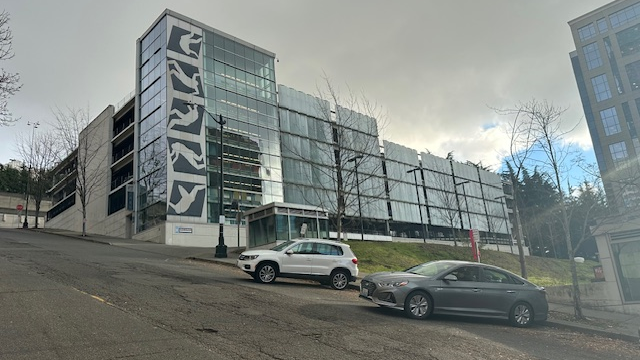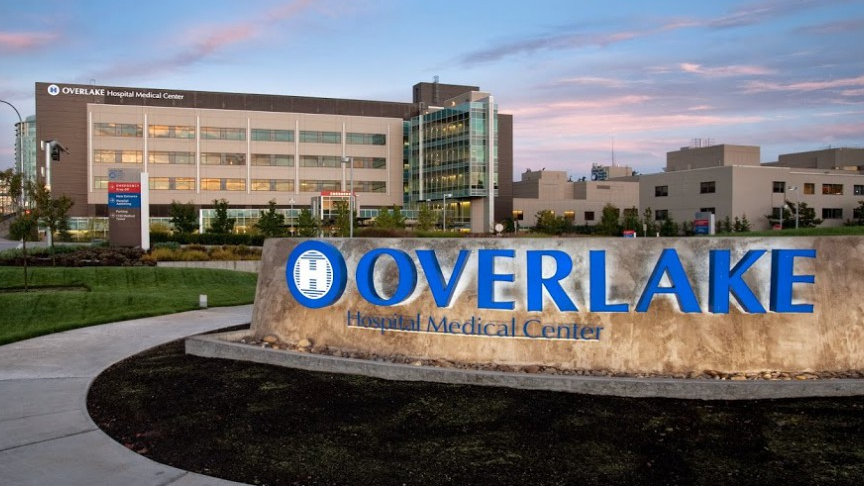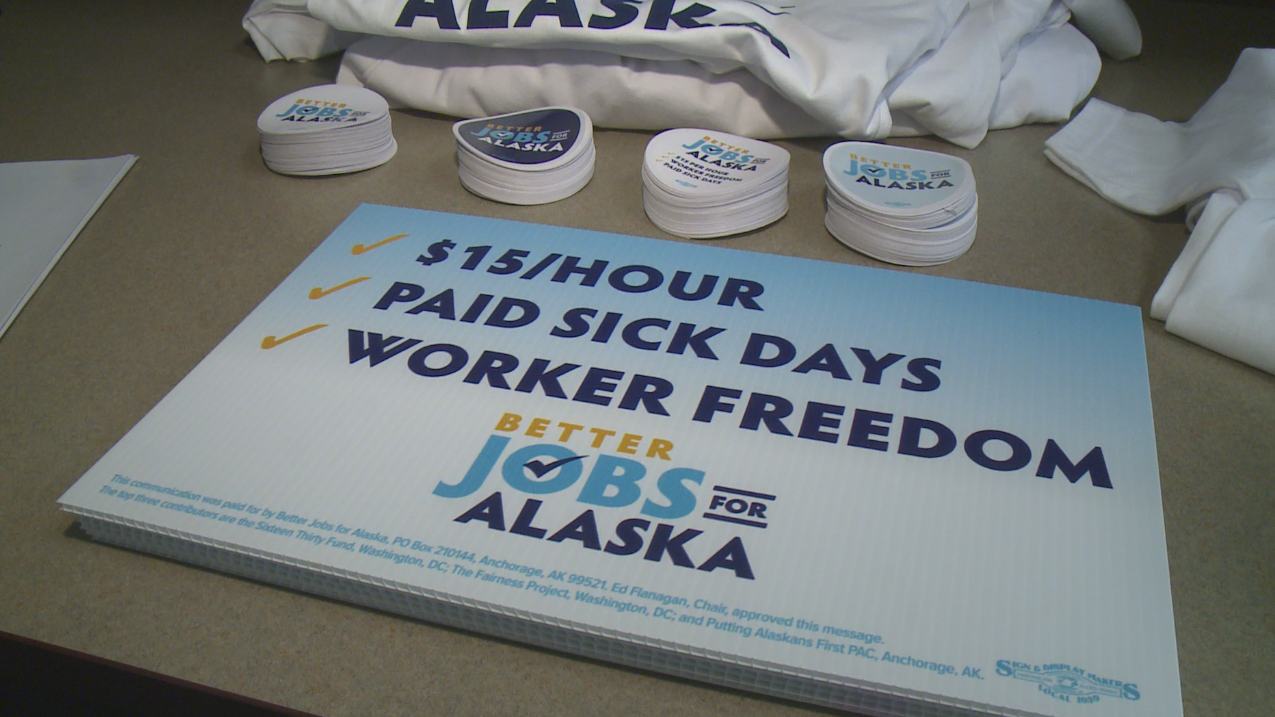Most people think there are federal laws governing a meal break and/or rest breaks. Unfortunately, there is no federal law regarding this. However, several states have passed legislation requiring employers to provide them. As with most aspects of employment law, each state is different.
Generally speaking, rest breaks of 20 minutes or less are paid while meal periods of 30 minutes or more are unpaid for employees over the age of 18. Laws on minors regarding breaks may vary by state from this general rule.
California has very specific Meal and Break Laws and will be discussed separately.
Meal Beaks
States seam to break up meal break laws based on the number of hours worked in a shift. Other parameters may also apply.
States with employees working minimum 8 hours
Minnesota – ‘Reasonable time to eat a meal’
Nebraska – 30 minutes (assembly plants, workshops, mechanical establishments only)
Nevada – 30 minutes
States with employees working minimum 7 ½ hours
Connecticut – 30-minute meal break must be taken after the first two hours of work and before the last two hours worked
Delaware – 30-minute meal break must be taken after the first two hours of work and before the last two hours worked
Illinois – 20-minute meal break no later than 5 hours after starting work. A second meal break is required for each continuous 7 ½ hours worked.
States with employees working minimum 6 hours
Maine – 30 minutes
Massachusetts – 30 minutes
Maryland (retail only) – 30 minutes; 8 hours or more, add 15-minute break every 4 consecutive hours
Rhode Island – 20 minutes; 8-hour shift, 30 minutes
Tennessee – 30-minutes
West Virginia – 20-minutes
Wisconsin – 30 minutes near mealtime or middle of a shift
States with employees working minimum 5 hours
Colorado – 30-minutes
New Hampshire – 30-minutes
North Dakota – 30-minutes if there are two or more employees on duty
Washington – 30-minutes which must start at least 2 hours and before 5 hours from the beginning of the shift; Employees working three or more hours longer than a normal workday shall be allowed at least one 30-minute meal period prior to or during the overtime period.
Other Interesting States
Kentucky – Employees are entitled to a “reasonable” off-duty period to eat a meal. Employees may not be required to take this break before the third hour of work or after the fifth hour of work.
New Mexico – Does not require a meal period, but when a meal period is granted, it must be at least 30 minutes, and not be counted as time worked.
Oregon
In Oregon, the meal break length depends on the length of the shift.
- 6-14 hour shift – Employees get a 30-minute meal break
- 14 or more hours – Employees receive a second 30-minute meal break
In addition, there are rules regarding when the break is taken based on the number of hours worked.
- 6-7 hours: Break must occur between 2nd and 5th hours of work
- Longer than 7 hours: Break must occur between 3rd and 6th hours of work
New York
Employee’s break time depends on the start and end time of the shift.
- Employees working a shift more than 6 hours receive at least 30-minutes for the ‘noonday meal’. The noonday meal period is recognized as extending from 11 AM to 2 PM.
- Employees starting before 11 AM and continuing later than 7 PM shall be allowed an additional meal period of at least 20 minutes between 5 PM and 7 PM
- Employees working a shift more than 6 hours starting between the hours of 1 PM and 6 AM shall be allowed at least 45 minutes for a meal
- Employees in connection with a factory working a shift more than 6 hours shall be allowed at least 60 minutes for their mealtime
Rest Breaks
While many states have meal break laws, fewer have rest break laws. Four states have laws requiring a 10-minute rest break for every 4 hours worked. Those states are Colorado, Kentucky, Nevada, and Washington. Maryland has a law for retail workers requiring 15-minute breaks for every 4-6 hours worked.
California
California is different because employers must note the consequences of noncompliance. In addition, recent California Supreme Court rulings state noncompliance payment must be at the Regular Rate of Pay. The penalty for failure to provide a meal or rest break is one hour of pay at their regular rate of pay.
Meal Breaks
For shifts of 5 hours or more, employees are entitled to a 30-minute work-free break that must start by the fifth hour of work. Employees can waive the meal break if their shift is 6 hours or less. For shifts more than 10 hours but less than 12, a second meal is break required. This must be provided by end of the 10th hour, and employees can waive one but not both meal breaks.
Waivers for break time can be made but must be mutual and voluntary.
It is very important to be accurate with the break. These should be ‘to the minute’ with no rounding of time.
Rest Break
California requires 10-minute rest breaks for every 4 hours worked. Like the meal breaks, these must be uninterrupted, not on-call, and they are free to leave the premises. If an employee works during their break, they must be given another opportunity for a break, if possible. If it was the employer’s fault a break was interrupted, the employee gets one hour’s pay at their regular rate of pay.
How can we help
To learn how we can help your company with the complexities of measuring meal and rest breaks, contact Time Equipment Company at sales@timeequipment.com or 800-997-8463.
*This information simplifies complex Acts as it is understood by Time Equipment Company. It is not to be taken as legal advice. The regulations for this program are changing. For further information contact your state or local Department of Labor.










